Poetry Book Club
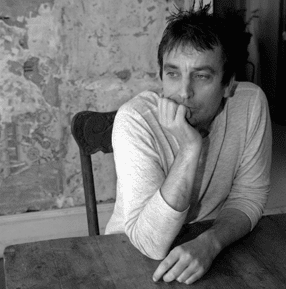
- Posted: 17 octubre, 2016
- By: Instituto Internacional
- Comments: No Comments
ENGLISH READING CIRCLE ON POETRY AND PROSE POETRY – POEM OF THE MONTH ANALYSIS: “IF THIS IS YOUR FINAL DESTINATION” BY NICK FLYNN
This month’s poem, “If This is Your Final Destination” (2015), by Nick Flynn, mixes the mundane with the metaphysical, as the speaker meditates on the large, almost unanswerable questions of existence—what happens to us when we die?—and tries to string together a coherent narrative out of his past, present, and future. These different epochs of

- Posted: 5 junio, 2015
- By: Instituto Internacional
- Comments: No Comments
POETRY READING CLUB- POEM OF THE MONTH ANALYSIS: “AMERICA” BY ALLEN GINSBERG
Visionary. Dreamer. Wanderer. Poet. The question is, who are we talking about, Walt Whitman or Allen Ginsberg? If we allow ourselves a little bit of poetic license to imagine a meeting between these two men, it’s not hard to picture the disciple sitting down at the feet of the spiritual teacher, or the younger brother

- Posted: 19 mayo, 2015
- By: Instituto Internacional
- Comments: No Comments
POETRY READING CLUB- POEM OF THE MONTH ANALYSIS: “O Me! O Life!” by Walt Whitman
This month, the star of our Poetry Reading Club is America’s first “celebrity poet”: Walt Whitman. Born in 1819, on Long Island, New York, Whitman lived through the great events of nineteenth-century America, i.e., the Civil War, the end of slavery, and the assassination of President Lincoln; westward expansion and the settling of the American
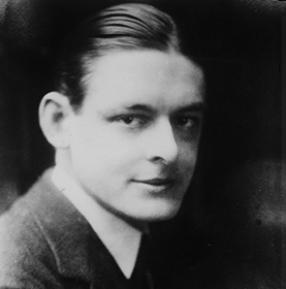
- Posted: 27 abril, 2015
- By: Instituto Internacional
- Comments: No Comments
POETRY READING CLUB: SECOND POEM OF THE MONTH ANALYSIS
This week in our Poetry Reading Club we will continue our exploration of mid-twentieth-century poetry with a poem by one of the most important American poets from this era: T.S. Eliot. Eliot exploded onto the literary scene with the publication of his first book of poems, Prufrock and Other Observations (1917). Like William Carlos Williams,

- Posted: 17 abril, 2015
- By: Instituto Internacional
- Comments: No Comments
POETRY READING CLUB: FIRST POEM OF THE MONTH ANALYSIS
“April,” wrote T.S. Eliot, “is the cruelest month, breeding / Lilacs out of the dead land, mixing / Memory and desire, stirring / Dull roots with spring rain.” Eliot had his own reasons for taking such a dour view of the season which poets have traditionally celebrated for its associations with fertility and new life.
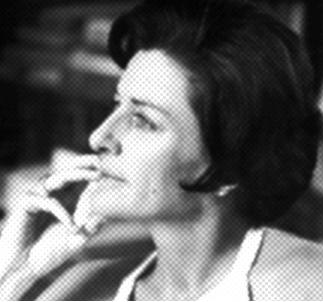
- Posted: 23 marzo, 2015
- By: Instituto Internacional
- Comments: No Comments
Poetry Reading Club: second poem of the month
Our second poem for this month is “The Operation” (1962), by Anne Sexton. Like “Tulips” (1961), by Sylvia Plath, this poem is set in a hospital and records the speaker’s heightened emotional response to a surgical procedure. Like Plath, Sexton is associated with the confessional school of poetry, and many of the questions we asked
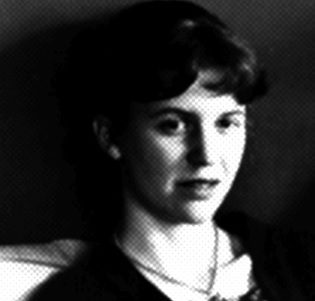
- Posted: 11 marzo, 2015
- By: Instituto Internacional
- Comments: No Comments
Poetry Reading Club: First poem of the month
March brings us “Tulips” (1961) by Sylvia Plath. In this poem, color and nature imagery are used to great effect, just as in last month’s poem, “Colors passing through us” (1999), by Marge Piercy. But while Piercy’s poem dazzled us with its sensuous depictions of earthly delights laid out in “all the colors of the
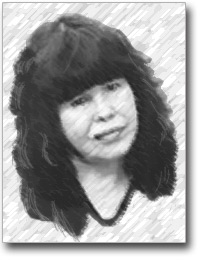
- Posted: 10 febrero, 2015
- By: Instituto Internacional
- Comments: No Comments
Poem of the month analysis for the «Poetry Book Club»
Poem of the month: “Colors passing through us,” by Marge Piercy Welcome to the first session of the Afternoon Poetry Club. Valentine’s Day is about to pass by this week so we’re going to think about love, or rather, about love poems in this first session. Roses are red, Violets are blue, Sugar is sweet, And so are
